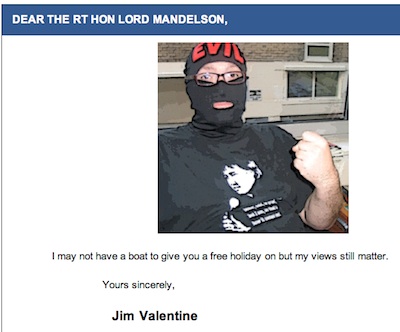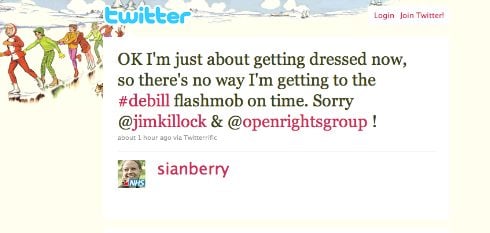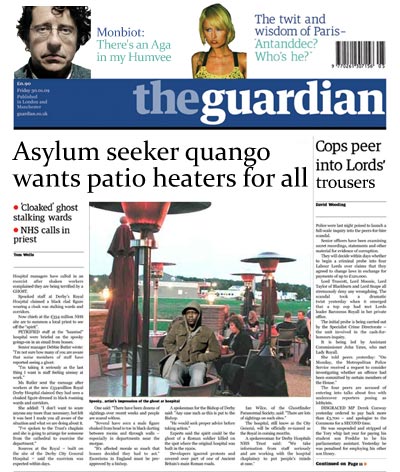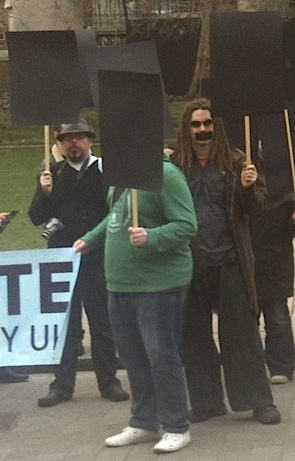
The Mandybill looks set to become law, with its teeth and gold fillings intact.
Conservatives have vowed to oppose three controversial clauses of the Digital Economy Bill in the next 48 hours of legislative horse trading, but will keep the online file sharing portions intact. Photographers have been more persuasive than the anti-copyright lobby: Clause 43, involving collective licensing and orphan works, is one of the three that Tory culture secretary Jeremy Hunt has said must go.
The others are Clause 1 and Clause 29, both of which involve adding expanding the role of uber-quango Ofcom.
Hunt slammed the Bill, calling it “a digital disappointment of colossal proportions”. He said the government had ducked the issues of the digital radio switchover and the provision of local news, and failed to clarify the role of the BBC or strengthen independent TV production. The Tories said they may review these issues if the Mandybill becomes law. The piracy measures, while not perfect, reflected the Commons consensus that something needed to be done to deter online copyright infringement and protect jobs.
To the surprise of the music business, it means that the illiberal Section 18, giving Courts powers to block access to sites that exist largely to deliver infringing material, will survive. The section, previously Section 17, was introduced in response to industry concerns about cyberlockers such as Rapidshare.



